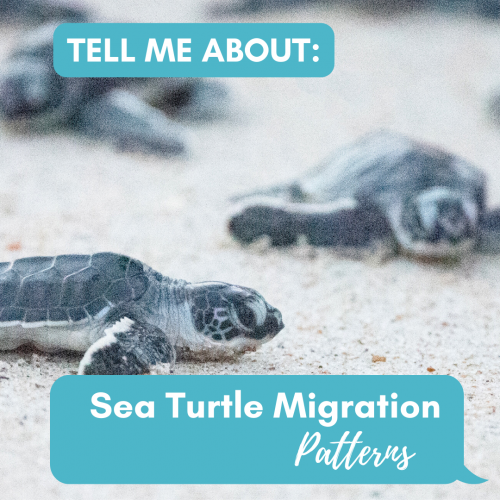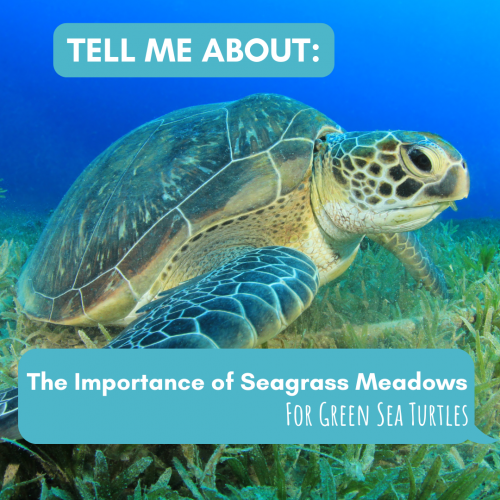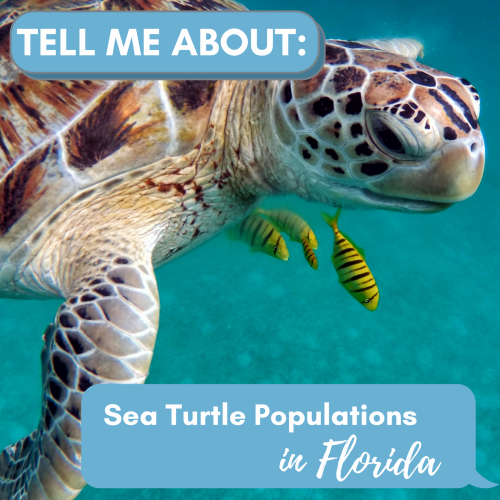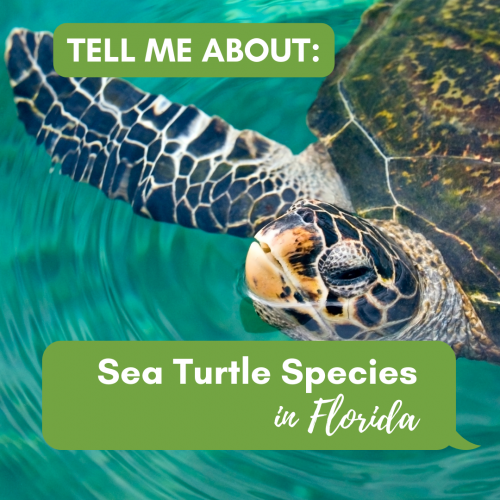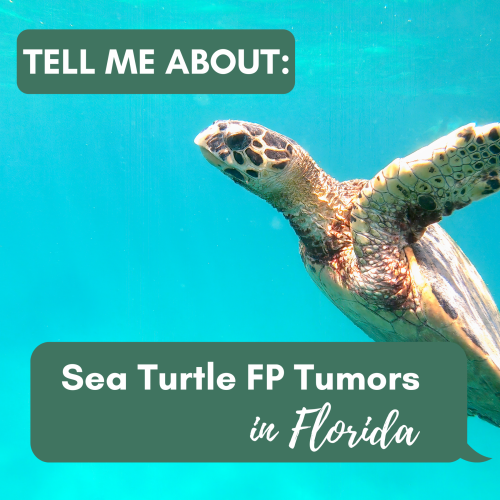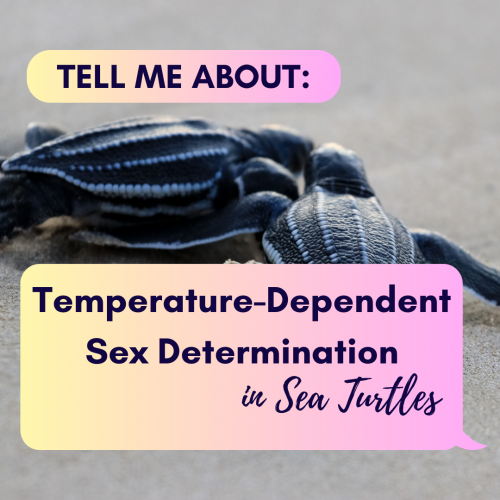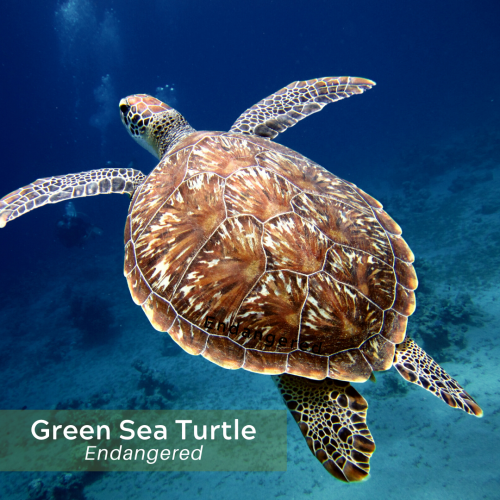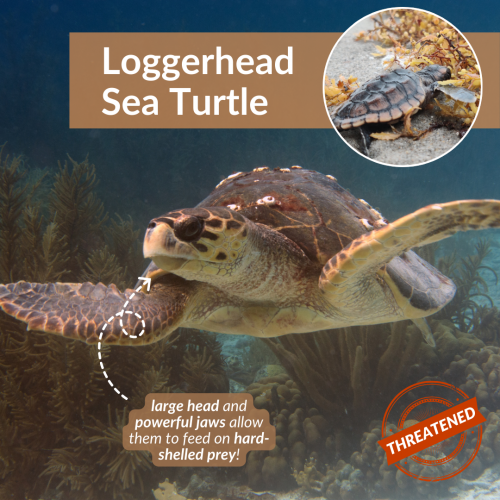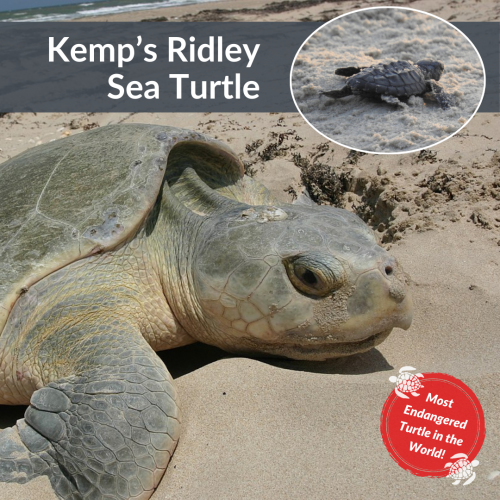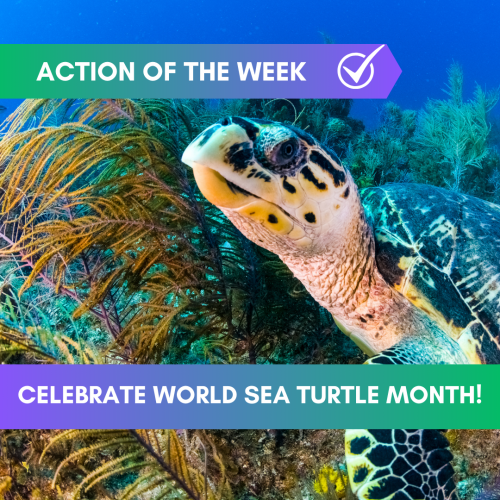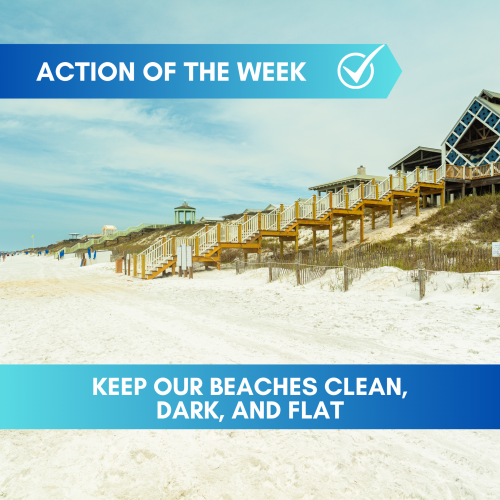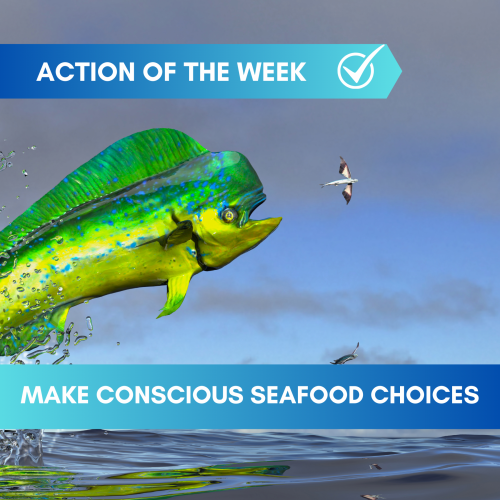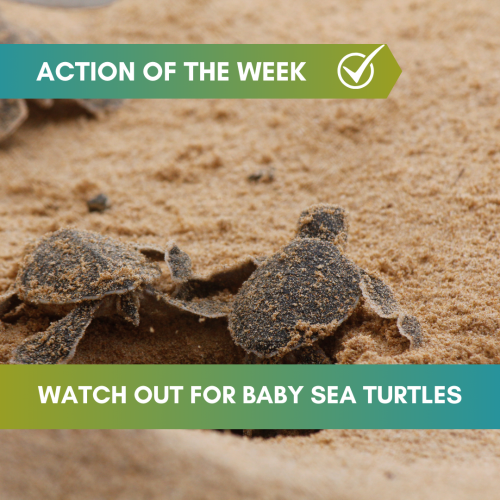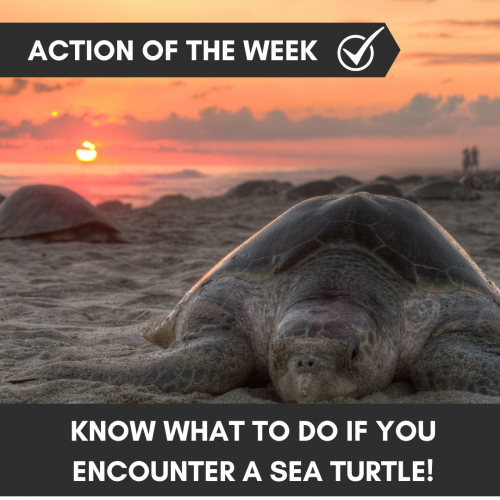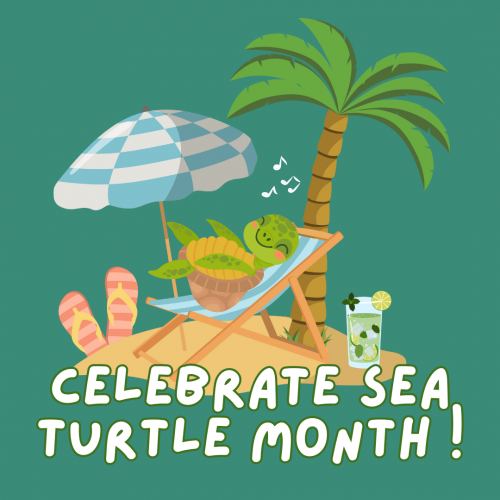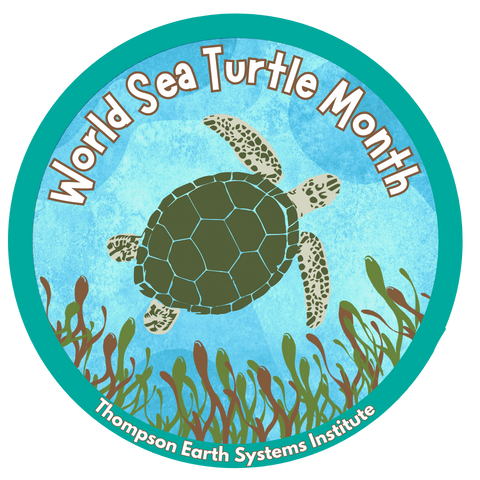
TESI is celebrating sea turtles throughout June in collaboration with the Florida Museum and the Archie Carr Center for Sea Turtle Research! Celebrate World Sea Turtle Day with the Florida Museum on June 16th and explore more Sea Turtle resources below.
Why are Sea Turtles Important?
Sea turtles have been navigating our oceans for over 100 million years, playing a crucial role in maintaining the health of marine ecosystems. Sea Turtles contribute to ecosystem health in the following ways:
- Sea turtles contribute to the health of seagrass beds and coral reefs, which provide habitat and food for a diverse range of marine life. For example, green sea turtles graze on seagrasses, promoting their growth and keeping the beds healthy.
- As both predators and prey, sea turtles are integral to marine food webs. Their eggs provide a vital food source for numerous coastal species, while adult turtles help control jellyfish populations, benefiting fish populations and human fisheries.
- Sea turtles hold cultural, spiritual, and economic importance in many coastal communities worldwide. They are celebrated in local traditions and art.
- Sea turtles attract tourists to Florida’s beaches, contributing to the local economy. Turtle-watching and conservation tours raise awareness and funds for further conservation efforts.
Learn more about the amazing world of Sea Turtles with our “Tell Me About” and “What’s the Word” series:
Why is Florida Important to Sea Turtles?
Ninety percent of all sea turtles in the United States lay their eggs on Florida beaches, making it an extremely important place for the conservation of these endangered creatures! Sea turtles are a keystone species – they have been a vital component of healthy and balanced marine and coastal ecosystems for over 100 million years! In fact, sea turtle health can be a very good indication of ecosystem health.
Florida’s beaches and waters are home to five out of only seven sea turtle species in the entire world:
- Loggerhead
- Green Sea Turtle
- Hawksbill
- Leatherback
- Kemp’s Ridley
Learn more about Florida Sea Turtles with our “Know Your Florida” series:
Learn more about the threats Seagrass Meadows are facing through this Earth to Florida Feature Story by Environmental Communicator Genna Nordling:
Learn more about sea turtle rescue, rehab, and release in Florida and Puerto Rico in this Earth to Florida Feature Story by Environmental Communicator Patricia Escobar Torres:
How You Can Help Protect Sea Turtles
Protecting sea turtles requires a collective effort from individuals, communities, and organizations. Here are some ways you can make a difference:
- Reduce Plastic Use: Plastics are one of the biggest threats to sea turtles, who often mistake them for food. Reduce single-use plastics, recycle properly, and participate in beach clean-ups.
- Respect Turtle Nesting Sites: Be mindful of marked nesting areas if you live near or visit a beach. Avoid disturbing nests, and follow guidelines during nesting season to ensure hatchlings have a safe journey to the sea.
- Support Conservation Organizations: Donate to or volunteer with organizations dedicated to sea turtle conservation. These groups work tirelessly on research, rehabilitation, and advocacy efforts.
- Responsible Boating and Fishing: Be vigilant to avoid collisions with sea turtles. Use turtle-friendly fishing gear and dispose of fishing lines and nets properly to prevent entanglement.
- Spread Awareness: Educate yourself and others about the importance of sea turtles and their challenges. Share information on social media, participate in local events, and advocate for policies that protect marine environments.
Learn how to prevent sea turtle vessel strikes:
Learn more about how you can help protect Sea Turtles with our “Action of the Week” series:
Reel: Watch out for Baby Sea Turtles!
Celebrate World Sea Turtle Month:
Click the image below to learn how to celebrate World Sea Turtle Month with kid-friendly activities!
About This Campaign
This campaign is brought to you by the UF Thompson Earth Systems Institute, the Florida Museum of Natural History, and the Archie Carr Center for Sea Turtle Research.
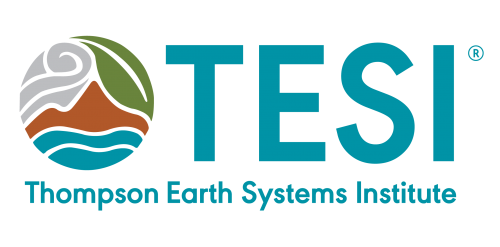 .
.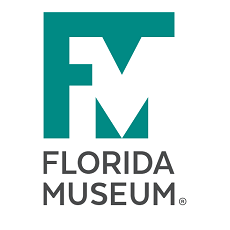 .
.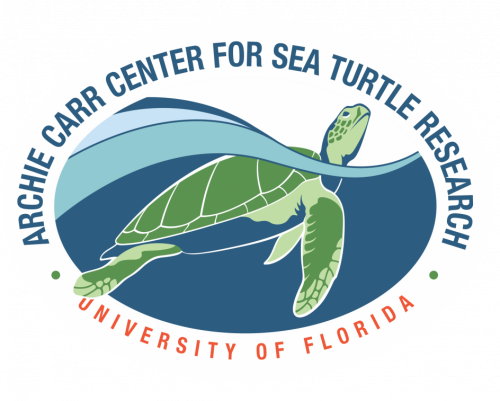 .
.
